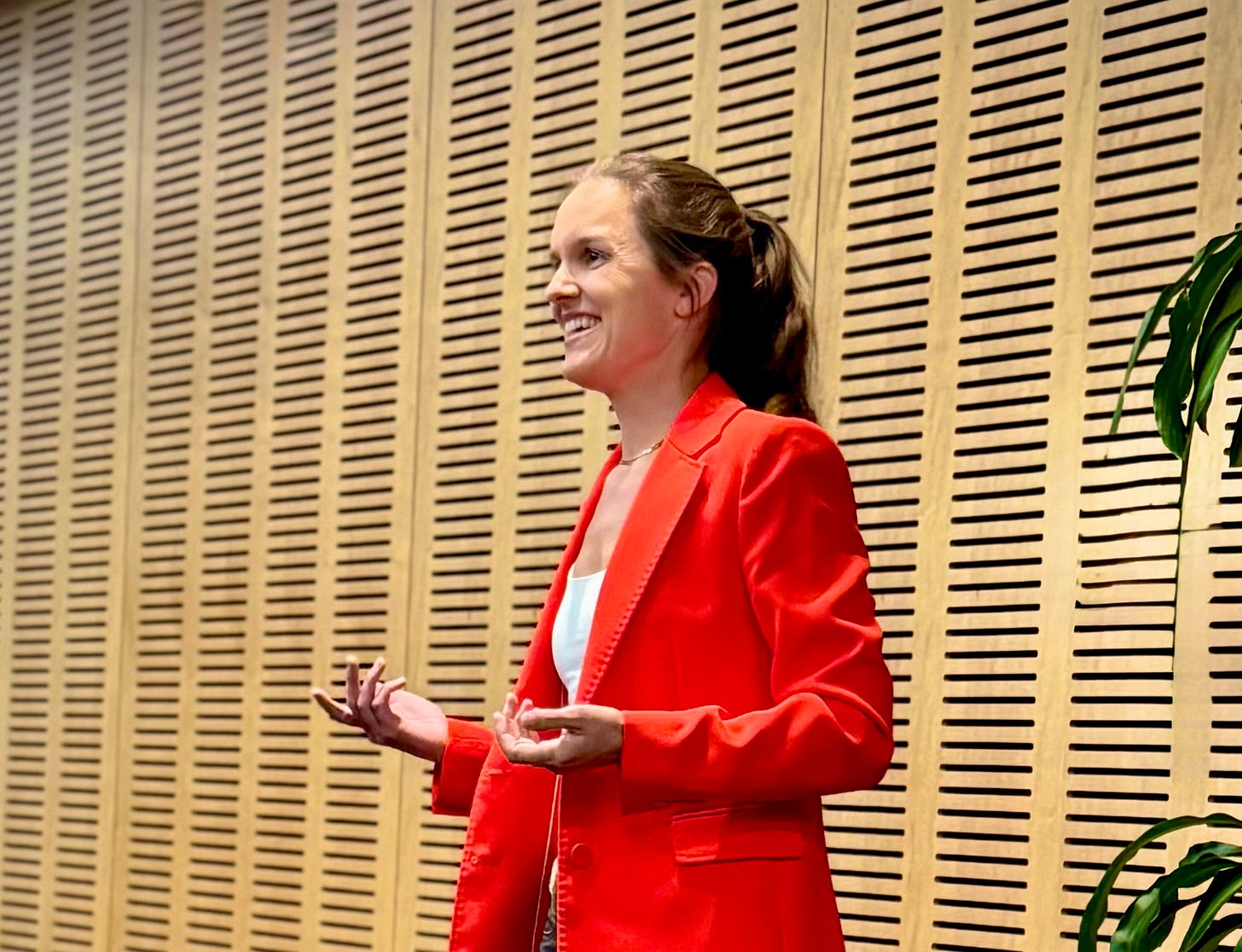The art of impromptu speaking
How to prepare for the unknown question
Speaking off-the-cuff; some people just seem to have a cohesive answer ready at any moment. Did you know that this is a skill that anyone can master? You don't have to be a seasoned all-round speaker, just a prepared speaker. If being prepared for the unexpected questions sounds contradictory, keep reading for 5 tips to improve your impromptu speaking.
Create a story bank
Whether it's during a job interview or participating in a panel discussion; you know that you'll get questions and you know that there's a chance you'll get asked that one question that you didn't prepare for. What you do know is the theme, the job description or any other briefing that you received. As part of your preparation you'll therefore create a story bank - examples of themes and key milestones that are important for what you'll be talking about. You'll then be able to use these examples to a variety of questions that could be asked; fitting the stories so that they answer the question.
Take a pause & learn to think on your feet
Silences tend to feel awkward. The natural response, especially when we are nervous, is to start filling the silence with words. So instead of rambling it is important to take a moment to let your brain do its magic. In those crucial seconds the silence will allow ideas to flow and many things may come to mind. Hopefully your brain will access the story bank that you created and it will think of a fitting example. If that happens, great! Don't think any further, this is the example you're going with. Too many ideas will cause you to digress and your answer will lose impact. The first idea is always best, go with it!
Find an interesting opening
In those split seconds that your brain is working at full speed, you just thought of the best example you can come up with. Now, it's time to start answering the question. Ideally, you want to grasp the attention of your audience immediately. You can do this by coming up with an interesting opening. Instead of repeating the question, which will eat into your limited answering time, you can think of the following:
Start with a one-liner or quote
Tell an anecdote that is linked to the topic
State the answer immediately - play with using just one word - then explain further
Build a cohesive answer
After your opening you begin to build your answer. In those magical seconds of silence you thought of your story, your example and from there let your brain flow to reasons why you chose that statement or anecdotes that will create a compelling story. If you started with a viewpoint, don't be afraid to then say: "And I have three reasons why..." even though you only thought of one. Trust that your brain will continue working whilst you speak. It's bold and it may feel very uncomfortable at first, however I encourage you to try this strategy. You'll be surprised how often this works.
Bring it home
Ending on a high is very important. It's the last bit that people will remember from your answer so don't let your strong start fizzle out with repetition or an ending such as "That was it I guess". You hooked everyone in with your opening, you stated the reasons why you have this viewpoint or you supported your story with an anecdote, now you end with a strong conclusion and potentially a call to action. Then you stop talking. Again you embrace the silence for a few seconds to let your answer sink in, people need time to process what has been said.
What if my mind is blank?
It happens to all of us, sometimes it feels as if your mind is not functioning at all, nothing pops into your head. Don't panic, be prepared whenever this happens to take the following steps:
Ask the interviewer to repeat the question, this will buy you time
Use this extra time to think and hopefully a little idea will come to you
Don't keep searching in the hope for something better; start with an opening and build from there
If all else fails, talk about something else. Do what politicians do: "I can't comment on this statement, what I can say is...".


